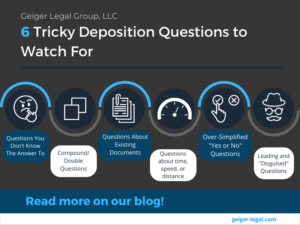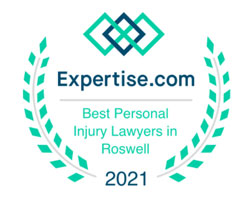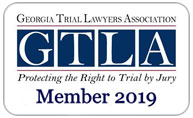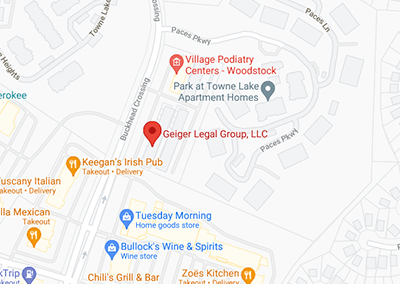6 Tricky Deposition Questions to Watch For
 If you’re involved in a lawsuit, the chances are high that you will be asked to give a deposition. The information you provide in a deposition can be critical to the outcome of your case. What you say could be used against you, so it’s smart to take a moment to learn what not to say at a deposition.
If you’re involved in a lawsuit, the chances are high that you will be asked to give a deposition. The information you provide in a deposition can be critical to the outcome of your case. What you say could be used against you, so it’s smart to take a moment to learn what not to say at a deposition.
What Is a Deposition?
In a deposition, a witness provides sworn testimony out of court. The deposing attorney asks a series of questions that you must answer under oath. Answering questions in a deposition is legally similar to taking the witness stand in court, so anything you say can impact your case.
6 Tricky Deposition Questions You Might Face
Answering deposition questions can feel nerve-wracking. But it’s important not to let your nerves get in the way of providing honest answers that still protect your best interests. Here’s what you need to know about how to answer questions in a deposition.
The first rule of thumb is to listen carefully. Proceed with caution if you hear:
- Questions you don’t know the answer to: Avoid providing answers to questions you don’t understand. You also shouldn’t answer a question unless you are certain your answer is true. It’s OK to say, “I don’t know.”
- Compound or “double” questions: Beware of compound questions such as, “Is it true that you were speeding when you ran the red light?” You may inadvertently confess to two separate offenses in your response. It’s best to wait for the questioner to reform their query into two different questions.
- Questions about existing documents: If the answer to a question can be found in an available document, you are allowed to review it before answering to jog your memory. Take your time and do your best to answer the question entirely.
- Questions about time, speed, and distance: Watch out for questions about specific values, such as the time of the accident, how fast you were traveling, or the distance between two objects. Never feel pressured to come up with an answer if you don’t have one. If you wish to hazard a guess, be clear that your answer is an estimate and provide a comfortable range of possible values.
- “Yes or no” questions: Sometimes, a simple “yes” or “no” is not enough to answer a question, even if that’s all the questioner is asking for. If you feel the need to clarify a “yes” or “no” answer with additional information, you can provide further details.
- Leading questions: In a leading question, the questioner attempts to get you to agree with a particular fact by disguising it as a question. For example, “You were just speeding along when the other driver hit you, right?” may seem innocent. But suppose we assume the term “speeding” refers to exceeding the speed limit rather than being a synonym for driving. In that case, an affirmative answer could be used to imply that you admitted to breaking the law
Contact a Georgia Personal Injury Attorney Today
At Geiger Legal Group, LLC, our Georgia personal injury attorneys can support you through every stage of your injury case, including preparing you for a deposition. Contact us today to learn more about how we can help in a free initial consultation.














